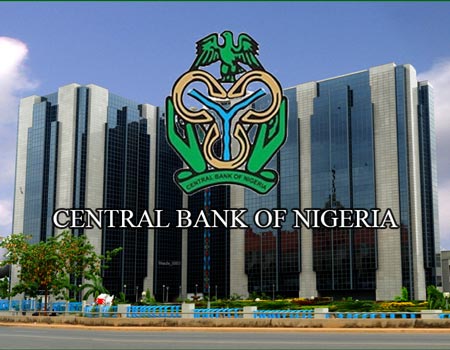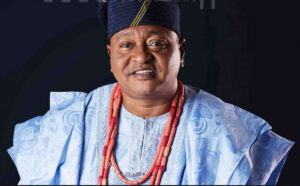Reverse Ban On Dollar Sale To BDC Operators, Employees Beg New CBN Governor, Cardoso
Employees of Bureau de Change in Nigeria have appealed to the new management of the Central Bank of Nigeria, CBN under the leadership of Dr. Olayemi Michael Cardoso to reverse the suspension of foreign exchange, forex sale to Bureau de Change operators placed by the former CBN Governor, Mr. Godwin Emefiele on July 27, 2021.
The employees in a statement made available to Primetime Reporters on Sunday recalled that for over 26 months that the pronouncement was made, the BDCs had not generated any income or revenue to service their operation.
The statement noted that their technical exclusion of the BDCs was the major cause of instability of exchange rate and the wide margin between the I&E and Black/Parallel market rates.
It added that BDC operators had paid N500,000 each to renew their license with CBN for 2022 and 2023 yet were incapacitated as a result of the ban.
Noting that BDCs were prohibited from operating in the black or parallel market thus were not the ones trading on the streets, the statement said “BDCs office addresses are reflected in CBN website.”
It therefore appealed to the new CBN Governor, Dr. Olayemi Michael Cardoso to save the BDC employees from further hardship and resume Forex sale to BDCs.
It will be recalled that system the former Governor of the Central Bank of Nigeria, CBN, Mr. Godwin Emefiele, had on July 27, 2021 announced the immediate discontinuance of foreign currencies sale to Bureau de Change, BDC operators in Nigeria in a bid to achieve its mandate of safeguarding the value of the Naira, ensuring financial system stability and shoring up external reserves.
In addition, the CBN had also suspended the applications for and issuance of new licenses for BDC operations in the country effective July 29, 2021. These measures were announced during the press briefing at the end of the 280th Monetary Policy Committee, MPC meeting on July 28, 2021.
The former CBN Governor explained that the suspension of the sale of FX was consistent with the provisions of CBN Act 2007 (as amended), which grants the Bank the mandate to ensure the maintenance of the country’s foreign reserves as well as the stability of exchange rates.















Post Comment